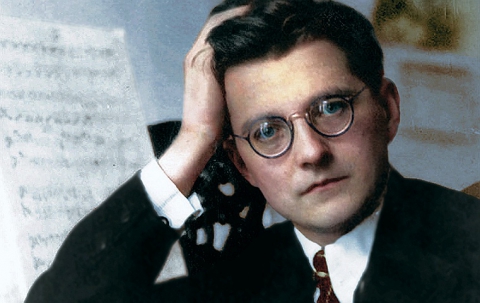Elena Prishchep (Kaliningrad, Russia) Artist and Time: Dmitri Shostakovich
The political situation in post-revolutionary Russia sought to limit creative independence. Some of Dmitri Shostakovich’s artistic decisions were influenced by censorship and political pressure. Especially in Stalinist Russia, the radicalism of the composer's musical language was contrary to the ideological assumptions of cultural policy. The moral pressure exerted by the authorities on Shostakovitch, the arrest of family and friends, and, above all, the press attack arranged by Stalin, forced the composer to give up his current style and compositional technique. A breakthrough in this process was played in 1936 by the critics of the stage of the opera Lady Macbeth of the Mtsensk District. Shostakovich's decision to give up Soviet power influenced the search for other means of expression, simplified the musical language and increased its communicativeness, resulting in the formation of the aesthetics of socialist realism.


